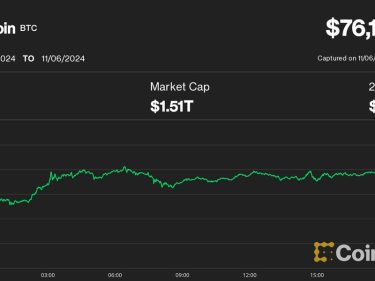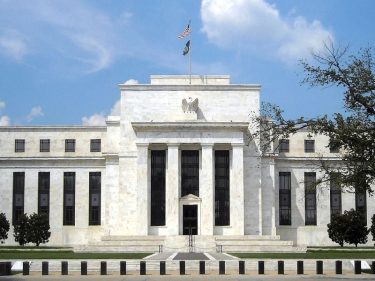Make money with your friends while laughing at an inside joke? What could be better than that?
Memes are taking over finance. And, behind the community forums, comical volumes of wealth emerging within days, and sometimes-crude humor, something tremendous and meaningful is happening.
On the surface, memes are just photos and video clips that zip around the internet in text messages, social media timelines and community forums. It’s easy to overlook them and dismiss that they may carry with them more than a humorous reference. Memes transmit subtle but powerful cultural meaning in a digitally-native way. A meme that is popular to a community or a culture often signifies something about that group and their values in that particular moment in time.
This op-ed is part of CoinDesk’s GameFi Theme Week.
Blockchain technology has offered the capacity to financialize nearly anything that is digitally-native, so it’s only natural that crypto has captured meme culture over the years. However, meme-ified finance is not unique to crypto. Across traditional and Web3 finance, meme-ified finance has brought together powerful online groups. And now financial gamification, though still in a rudimentary state, is revealing a new path forward.
In TradFi, a fringe Reddit community in 2021 became a harbinger for the type of community-first, anti-institutional, anti-sensible finance that is deeply and inextricably linked to the intersection of gamification and humorous meme culture. The r/wallstreetbets community “stuck it” to traditional finance, gaming the traditional stock market and reveling in their success with facetious online posts.
In crypto, memecoins have always played a major role — appealing to the type of community-first finance that typically spreads through the power of memes and market gamification. Early memecoin iterations like DOGE were followed by use-case-specific versions like NFT collections, and today are accelerated by next-gen, low-cost blockchains like Solana.
This raises an ongoing debate: Do memecoins need intrinsic value to be successful, or does the enthusiastic support and participation of their communities suffice? When we talk about “value,” are we referring to a solid roadmap and utility, or is the real value in the vibrant communities and the culture they create? Perhaps the true worth of memecoins lies in their ability to unite and engage people rather than conform to traditional financial metrics.
All that is happening — both in traditional and crypto finance — speaks to something emergent and powerful. After decades of obscure, obfuscated, straight-laced, ivory tower financial services, people are moving in an opposite direction. Discovering collective financial power and then applying that power to markets goes hand in hand with technologies that connect people on a daily, global basis (e.g. Reddit) and that democratize financial autonomy (crypto). All of this is wrapped up in humorous, meme-based communities and financial gamification that is, at the end of the day, simply fun.It seems hard to imagine a world where such community-powered, entertaining wealth creation will do anything but grow.
We can think about the meme-ification and gamification of finance as the result of the folding of technologies into one another. To date, the different ways that we’ve spent our time online have been fairly distinct. Social platforms, financial platforms, education platforms, gaming platforms, etcetera, have all been separate from each other — cordoned off into their own digital siloes.
Over the last 20 years, some of these sectors have folded into one another already. Gaming and social media are already inextricably linked, with platforms like Twitch specifically targeting the intersection of the two. Under the force of crypto, we’re starting to see finance fold into social media as well.
Undoubtedly, APAC is significantly ahead of the west in terms of this folding of technologies. Platforms like WeChat seamlessly combine commerce, social media, gaming, communication, and more. When all these technologies fold into one another, what is the shared thread among what were once separate ecosystems? Culture. And how does culture spread online? Memes. We might not know what the next product is that will fulfill everyone’s needs, but one thing we can guarantee is that everyone needs happiness, and that is memes.
Crypto is changing the face of finance, but it’s not happening in a technological vacuum. It is accelerated by memes and by the deep economic gamification that is core to blockchain systems. The power of finance is no longer in knowledge of esoteric financial principles. It’s no longer even in the kind of relationships built in stoic financial corporations. The power is in community, in virality, and in deep cultural synchronicity.
Welcome to the Meme Age.
Note: The views expressed in this column are those of the author and do not necessarily reflect those of CoinDesk, Inc. or its owners and affiliates.




